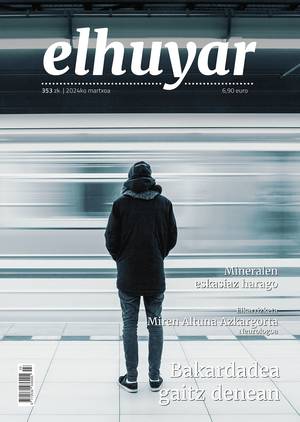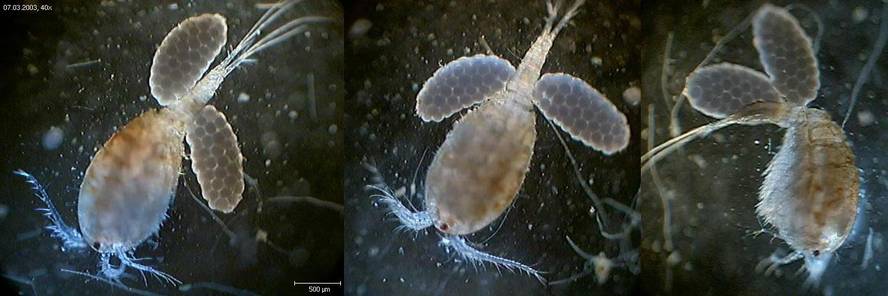Parasites collaborating or competing to change the behavior of the hostelero
When two parasitic worms live in the same hostel and have the same objective, they join forces to influence the behavior of the guest, but when they have different objectives it gains the oldest. Researchers from the Max Planck Institute have reached this conclusion, in their recent publication in the journal Evolution.
Several parasites have the capacity to change the behavior of the hostelero in favor of their interests. The fungus Ophiocordyceps unilateralis, for example, takes over the movements of the ants: the ant is removed from the colony, chooses a leaf with the appropriate conditions for the breeding of the fungus, bites the bottom of the leaf to a vein and dies in it. The case of the worm Schistocephalus solidus is less spectacular, but also changes the behavior of small crustaceans. When the worm infects a cup reduces its activity until it grows. Then, when it has grown quite a bit, it does the opposite: it makes the copepod more active so that the fish see it and eat it. In fact, in the next phase of the life cycle of these parasites, fish are the hosteleros.
Max Planck researchers have infected Macrocyclops albidus with worms S. solidus in the laboratory. And they have seen that if two worms arrive simultaneously at the time of changing the host, they join forces to change the behavior of the drink. In this way, these copepods become more active than those with a single parasite. On the contrary, when one of the parasites is greater than the other and, therefore, have opposing interests, the youngest does not influence the behavior of the copepod and the oldest increases the activity of the host as if he were not young. And, even when facing two young people, the older one is imposed the same.







